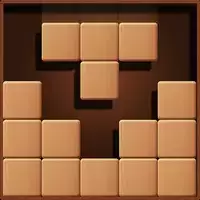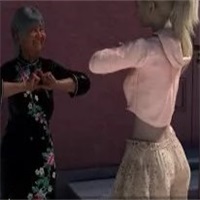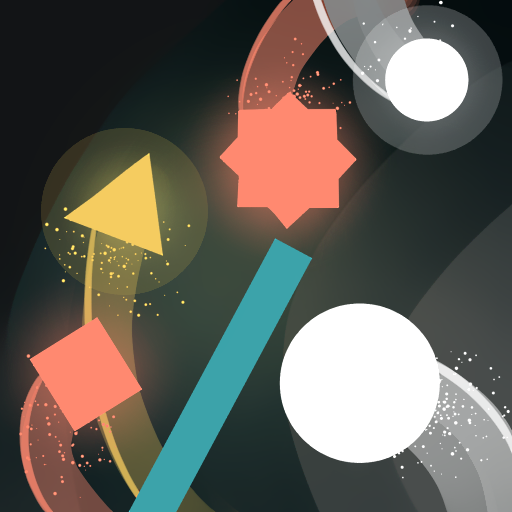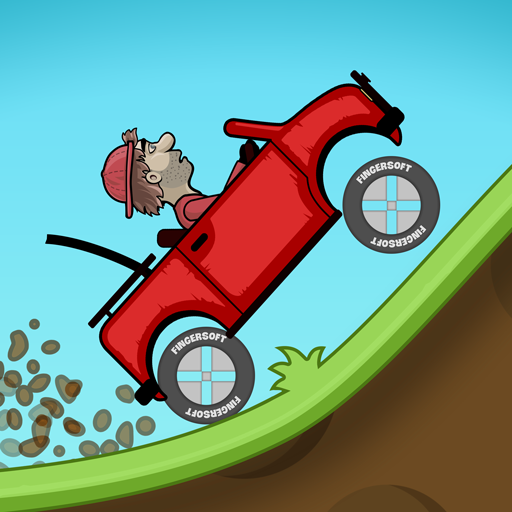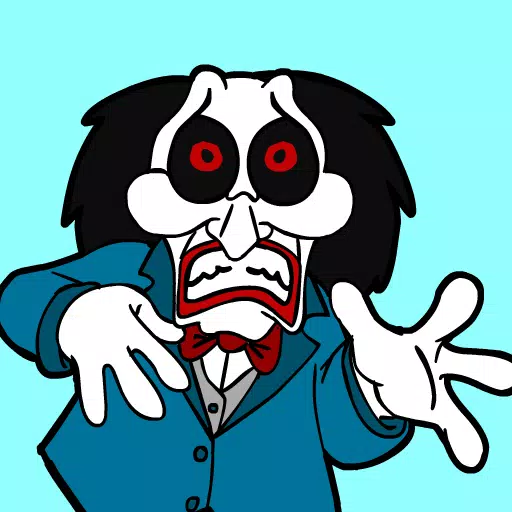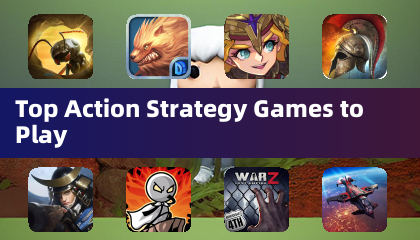At the DICE Summit in Las Vegas, Naughty Dog's Neil Druckmann and Sony Santa Monica's Cory Barlog discussed the pervasive theme of doubt in game development. Their hour-long conversation covered personal insecurities, creative processes, and the challenges of sequels.
A question about character development across multiple games prompted a surprising response from Druckmann: he doesn't plan sequels. He focuses intensely on the current project, treating each game as a standalone work. Any sequel ideas are spontaneous, not pre-planned elements. He approaches each game with the mindset that it might be his last, ensuring he fully realizes every creative vision within the current title. He explained that for The Last of Us Part II, any ideas for future installments were fleeting thoughts, not concrete plans. Instead, when considering sequels, he assesses unresolved elements and character arcs from previous games. If a character's journey feels complete, he's even joked about ending their story. He uses past projects as a springboard, asking "How do we avoid repetition? Where can this character go next?" If there's no compelling answer, he questions the viability of the project itself.
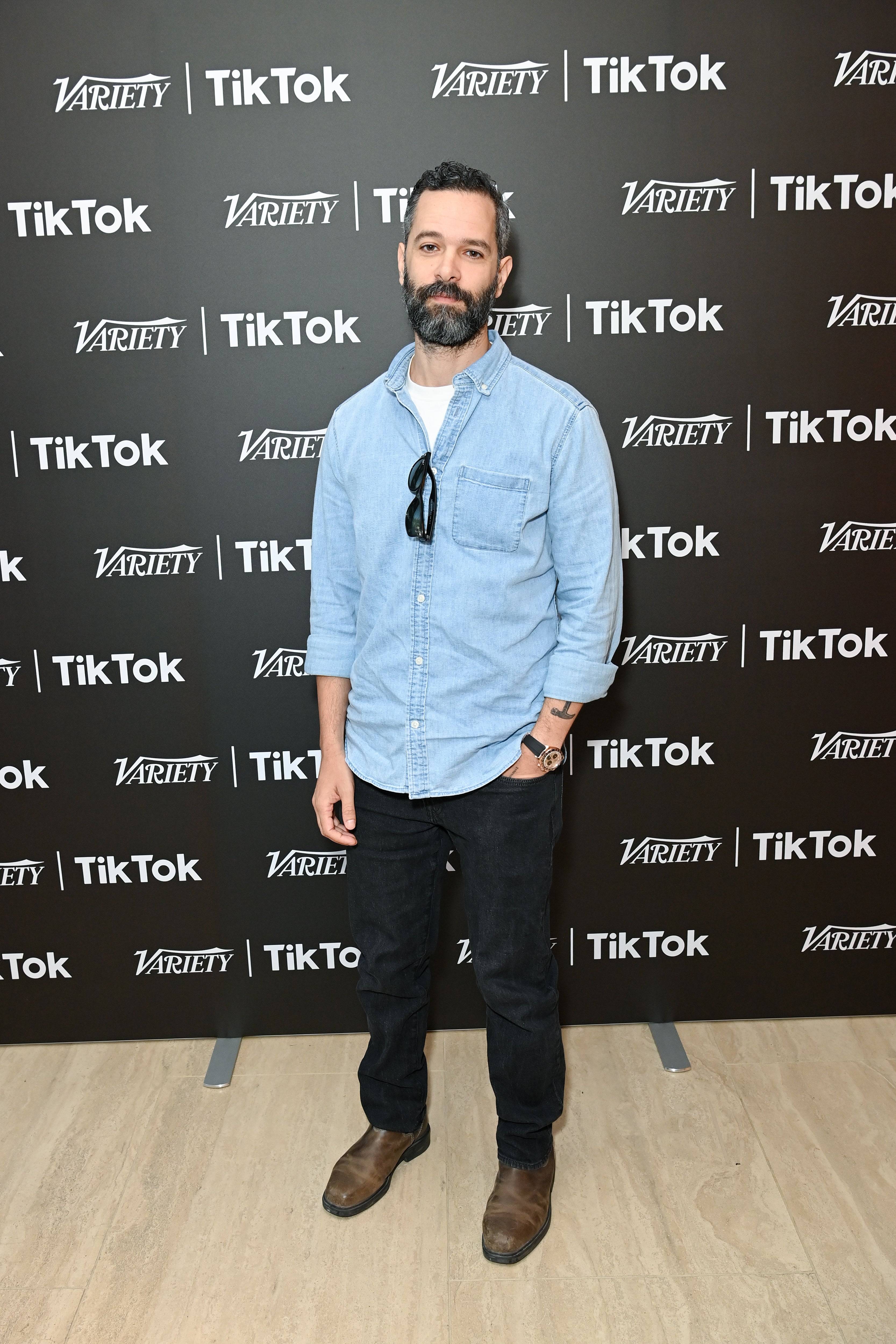
Barlog, conversely, embraces long-term planning, connecting current projects to ideas conceived years prior. He acknowledges the inherent stress and potential for disruption this approach entails, given the shifting team dynamics and evolving perspectives over time. He described the process as "insanely stressful," highlighting the challenges of coordinating numerous individuals and their diverse viewpoints across multiple projects.
Druckmann contrasted this approach, stating that he lacks the confidence to plan so far ahead, preferring to concentrate on immediate tasks.
The discussion expanded to encompass personal doubts and creative validation. Druckmann shared his enduring passion for game development, citing an anecdote where actor Pedro Pascal described his art as "the reason to wake up in the morning." Druckmann echoed this sentiment, acknowledging the immense stress but emphasizing his love for the craft and the collaborative spirit of game creation. He also addressed the negativity that comes with the industry, including death threats, but ultimately focuses on the privilege of working with talented individuals.
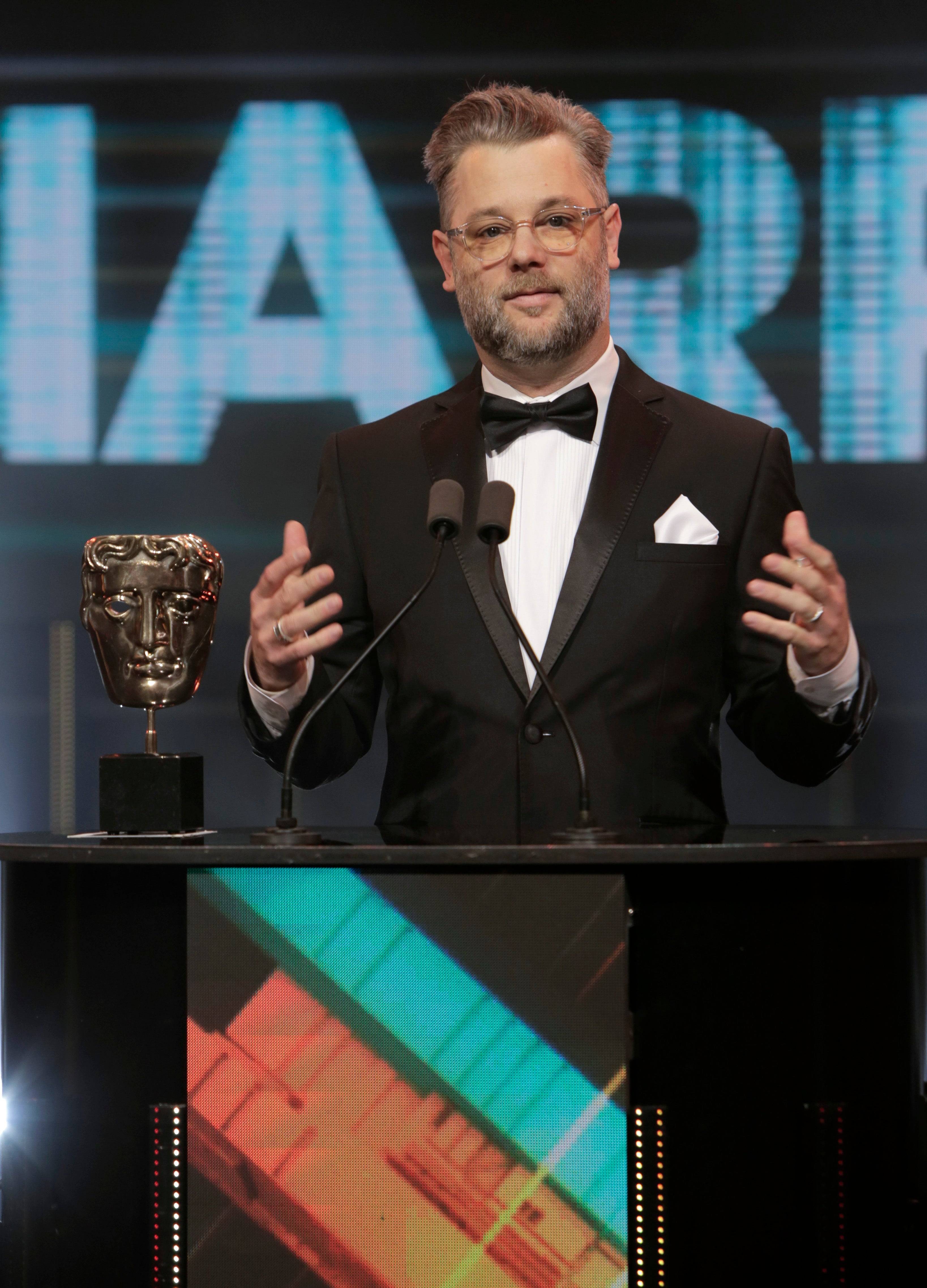
Druckmann posed a question to Barlog about the point of saturation in their careers, referencing the recent retirement of Ted Price. Barlog's response was introspective and honest, admitting that the drive to create is insatiable. He described the feeling of reaching a creative summit as both exhilarating and terrifying, as the internal drive for more immediately surfaces. He acknowledged the relentless pressure and the difficulty in appreciating accomplishments, as the internal "demon of obsession" always seeks the next challenge.
Druckmann expressed a similar sentiment but with a more measured tone, mentioning his intention to gradually reduce his involvement in day-to-day operations, creating opportunities for others to grow within the company. He sees his eventual departure as a catalyst for the development of new talent. Barlog, in a lighthearted response, quipped, "Very convincing. I'm going to retire."


